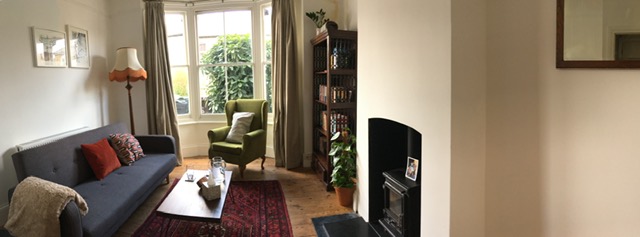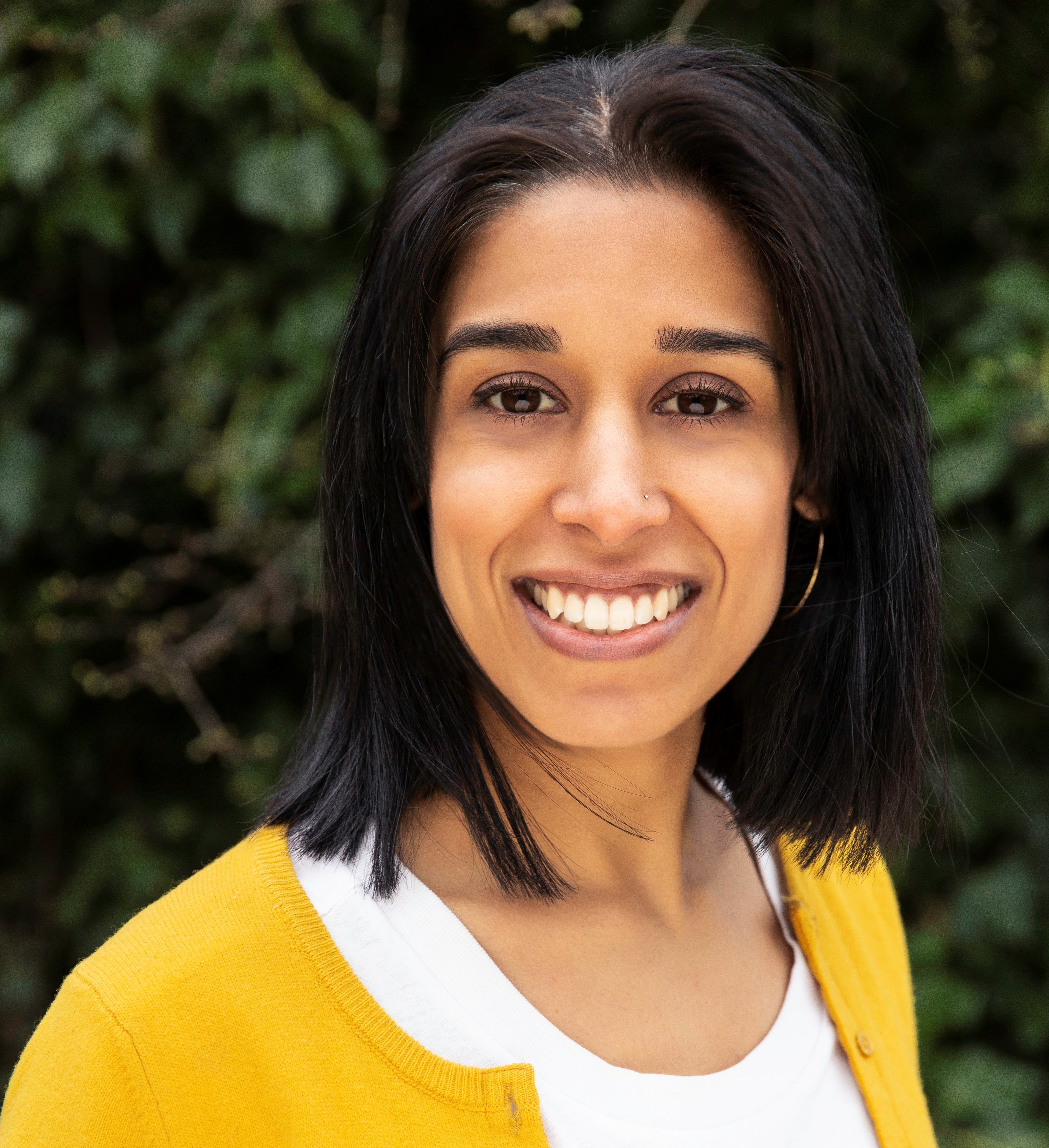Rakhi Chand is a therapist in E11
What attracted you to become a therapist?
Annoying as this may be to read, I always knew on some level that I wanted to be in this field. I remember jumping at the chance to be a 'Peer Supporter' in school aged 17. And being that bit too eager for the Samaritans training we received. I also knew I couldn't be a 22 year old therapist, so I studied Economics at University Warwick first of all.
Where did you train?
The Metanoia Institute, London.
Can you tell us about the type of therapy you practise?
I'm a person-centred therapist. In 2007 when I started my training, I chose this approach because of how incredibly respectful and gentle a way of being with those who are vulnerable, it seemed. That is, seeing the client as expert of themselves, and the therapist as a facilitator - or expert of a process - rather than expert of the client. I also find it respectful to follow the client's pace rather than ask about the past, for example. Honouring a client's own pace and direction in therapy is fits with my values. That is not to say that if asked for direction I won't respond; I'd respect that need too. I just won't do be offering direction/advice/opinion unless explicitly asked. I regularly witness that this way of being naturally elicits the exploration of roots of difficulties.
What sort of people do you usually see?
I work with adults, couples/pairs, and groups. Commonly people come to me with depression, anxiety, communication difficulties and work-related issues.
Another interest of mine is the experiences of minority groups - training that I've offered has typically centred on identity and cultures - not least from having practised from The Netherlands from 2014-16. As such, I work with many clients from minority groups.
What do you like about being a therapist?
Feeling really alive in so many of my conversations with clients. I love being able to exercise all parts of me - my heart, mind, body - and maybe even more - in my work. Feeling totally privileged that my clients confide in me.
What is less pleasant?
Being a therapist often feels like much more than a job to me - and I love that. However, I have to keep an eye on the fact that, apart from sexually, there's not much of me that isn't theoretically available to my clients. It's intense work! I don't see more than a certain number of clients per week to keep a handle on that; and so that I may offer the best version of myself to each client.
How long you've been with welldoing.org and what you think of us?
I joined welldoing.org three months ago; so far, I've found the service attentive and personal. Given that this is my aim with clients too, it's reassuring to work with platforms that seem to understand the field, and perhaps even have similar values.
Do you ever suggest books or apps to clients?
Yes, and more so in recent years. My wonderful supervisor has cultivated my ever-increasing attention to the client-therapist relationship, versus theory. For example, where is my respect for someone who is asking for materials/tools if I don't respond directly? A direct response of course does not preclude attending to the related process i.e. any deeper motivations for such a request , either.
What you do for your own mental health?
Protect time for things I want to do, and for people I want to see. Exercise. Eat well and have fun; the weekend is usually my ticket for the latter. Switch off my phone sometimes. Spend time with little people.
You are a therapist in East London and online. What can you share with us about seeing clients in those areas?
Having worked for the majority of the past decade in London, I'm lucky to have spent time with a diverse range of people - clients - that otherwise I might not have encountered. I hear about worlds that are not my own, and, I'll say it again, I feel privileged about that.
Working online I'm a member of the Association for Counselling and Therapy Online I enjoy in several ways. There is the inherent diversity from working with international clients or settings. I also appreciate that the medium renders it possible to work to a natural end, rather than as dictated by life circumstances such as moving home. Working online additionally supports my self-care: I can more easily scamper about the country doing what I want. The real clincher though is whether a client is comfortable working in this way; my experience is that people know - somewhat instinctively - whether or not they want to work online. And for those that do, I've seen profound reward.
What's your consultation room like?
I love my room; I hope my clients do too. Here it is:

What do you wish people knew about therapy?
That it doesn't have to be that scary. If you find a therapist that suits you, the pace - indeed the floor - will be yours for as much as you want.
What did you learn about yourself in therapy?
Hard question. To let go of more.

